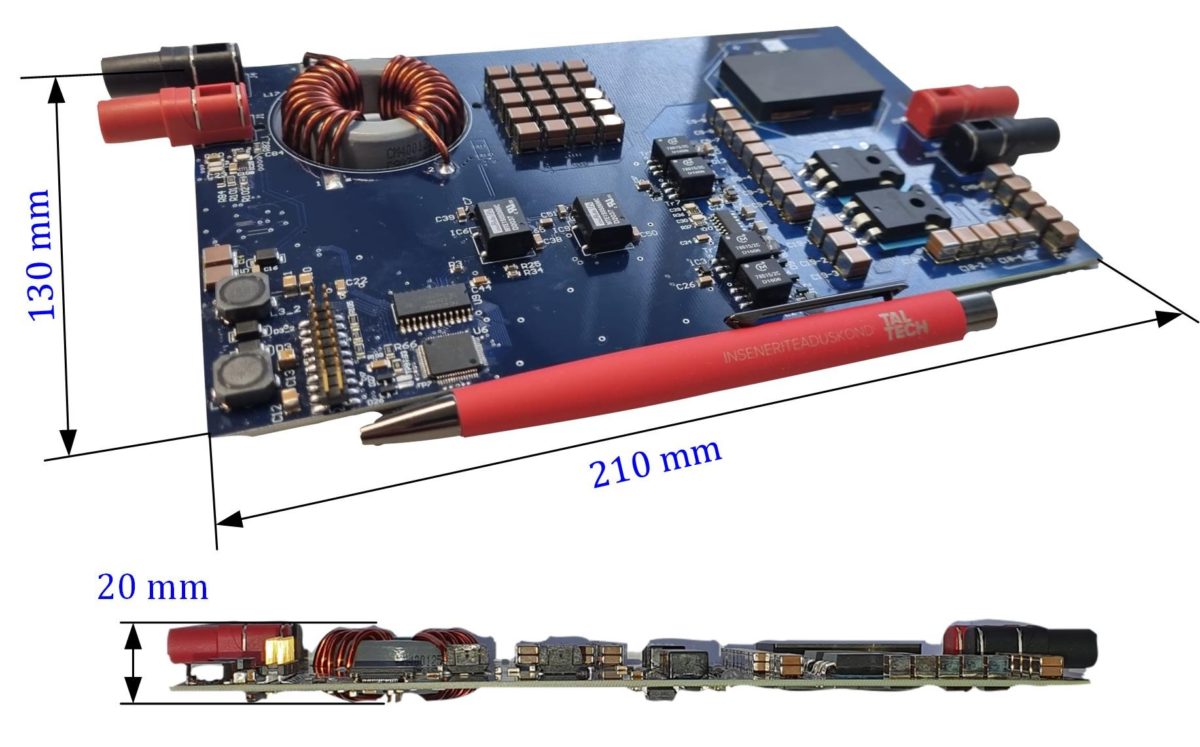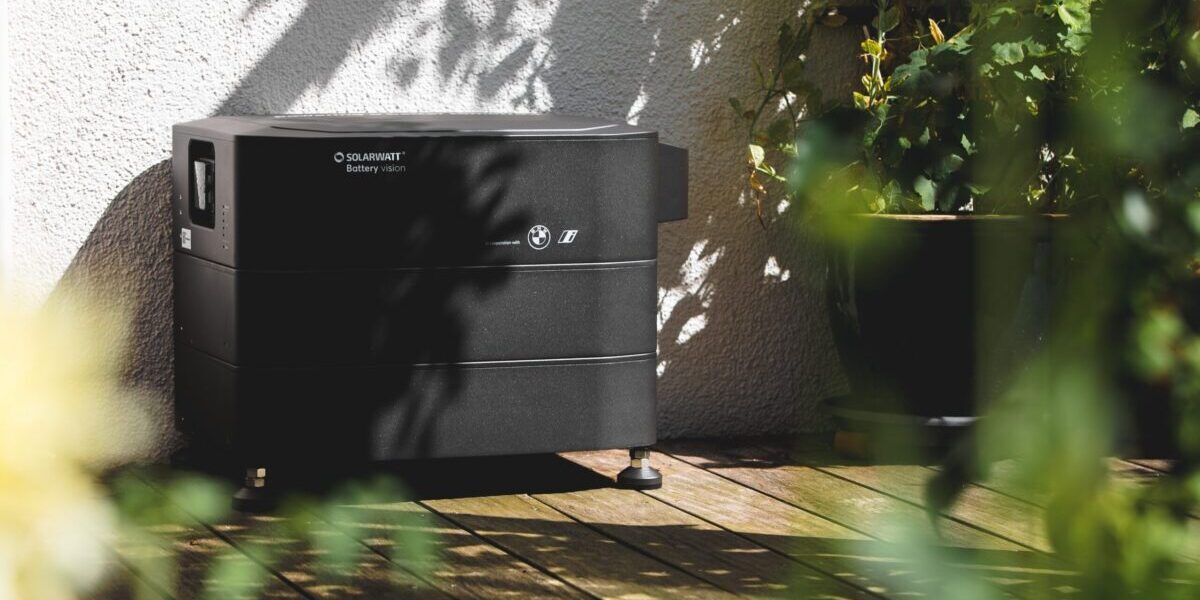Researchers from the Tallinn University of Technology, in Estonia, have developed a power electronics converter technology for building-integrated photovoltaics (BIPV) that they claim can be combined with either crystalline silicon or thin-film solar panels.
The scientists explained that products for BIPV projects may differ significantly from each other, especially in terms of voltage. “[This] scattered, nearly random, distribution of possible parameters requires each vendor to find a partner for the development of a specialized power electronic converter,” they also stated. “This slows down system design and limits the flexibility of the solar architecture.”
The device is based on a half-bridge, front-end inverter and a three-mode reconfigurable rectifier (RR). The latter, according to the academics, is able to maintain the duty cycle of the input side while offering what they defined as a “favorable range of acceptable efficiencies.”
The research team built a 360W prototype that it claims can offer an ultra-wide input voltage range of more than 1:20. It is also said to be able to be compatible with different PV module types while enabling their shade-tolerant operation.
“It is smaller than an A5 sheet of paper and as thin as 20mm,” said researcher Andrii Chub. “Considering its electrical parameters, it has no analogs in the world.”
The device can be integrated in both solar facades or BIPV rooftop arrays.
This content is protected by copyright and may not be reused. If you want to cooperate with us and would like to reuse some of our content, please contact: editors@pv-magazine.com.




By submitting this form you agree to pv magazine using your data for the purposes of publishing your comment.
Your personal data will only be disclosed or otherwise transmitted to third parties for the purposes of spam filtering or if this is necessary for technical maintenance of the website. Any other transfer to third parties will not take place unless this is justified on the basis of applicable data protection regulations or if pv magazine is legally obliged to do so.
You may revoke this consent at any time with effect for the future, in which case your personal data will be deleted immediately. Otherwise, your data will be deleted if pv magazine has processed your request or the purpose of data storage is fulfilled.
Further information on data privacy can be found in our Data Protection Policy.